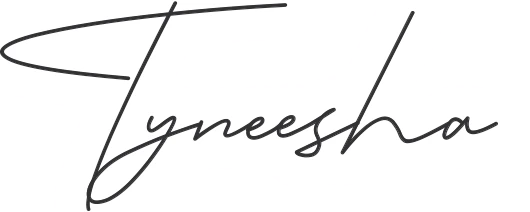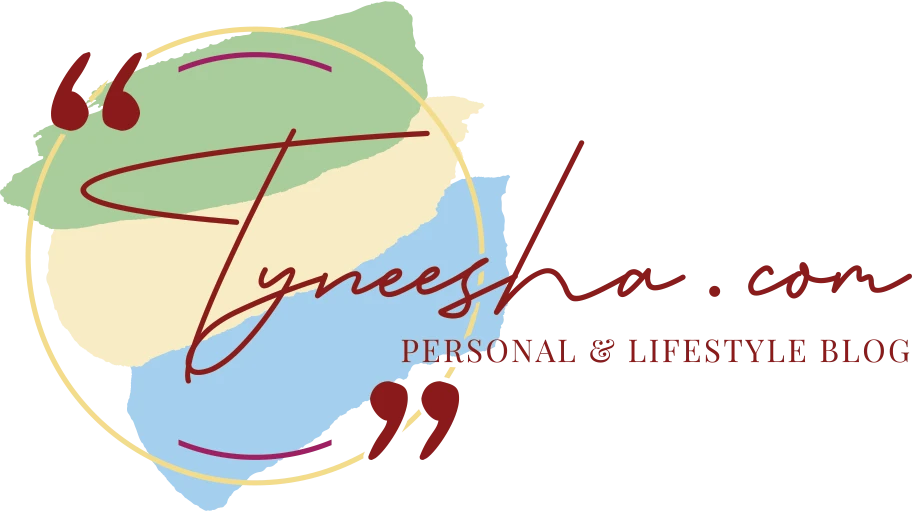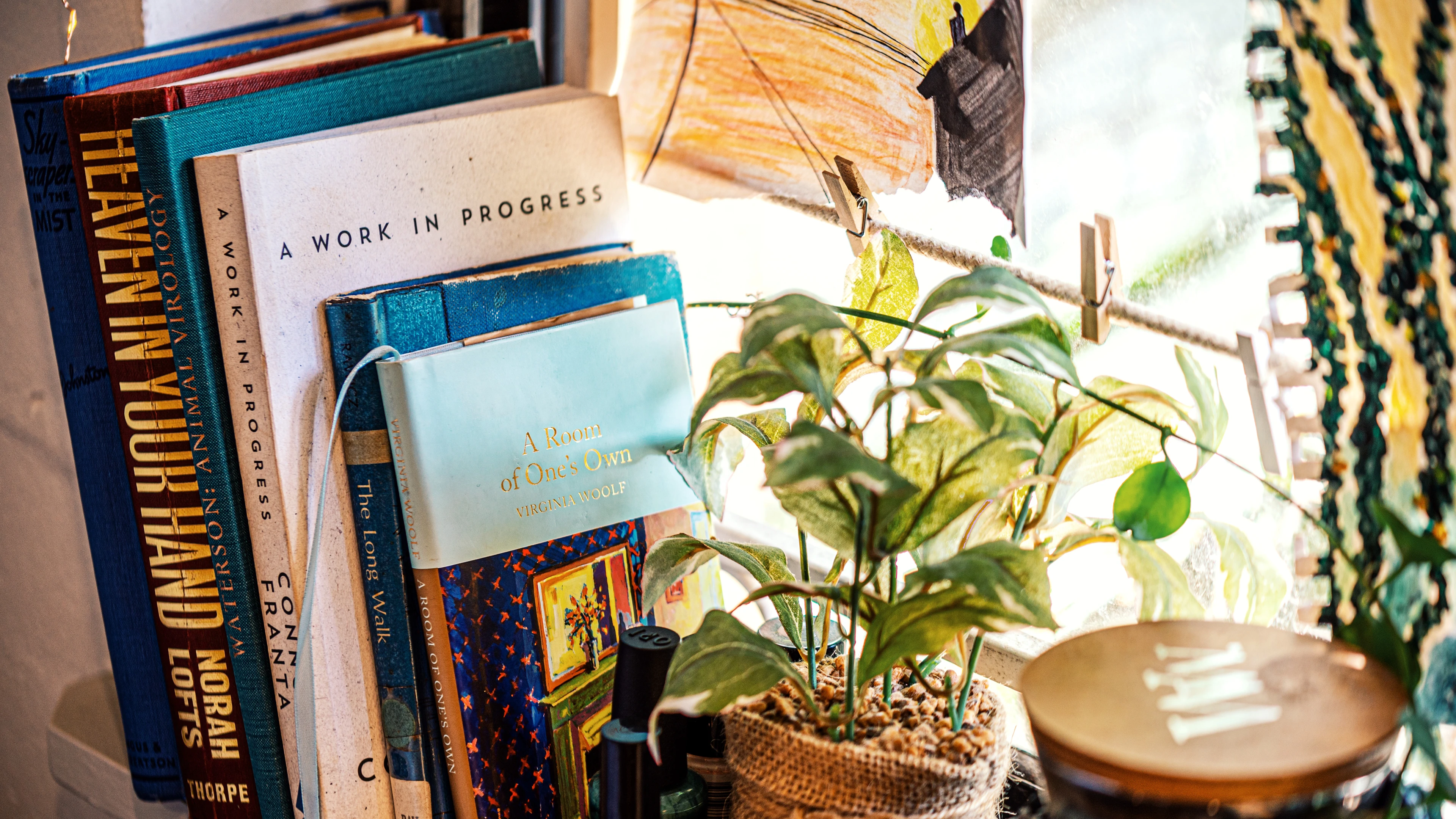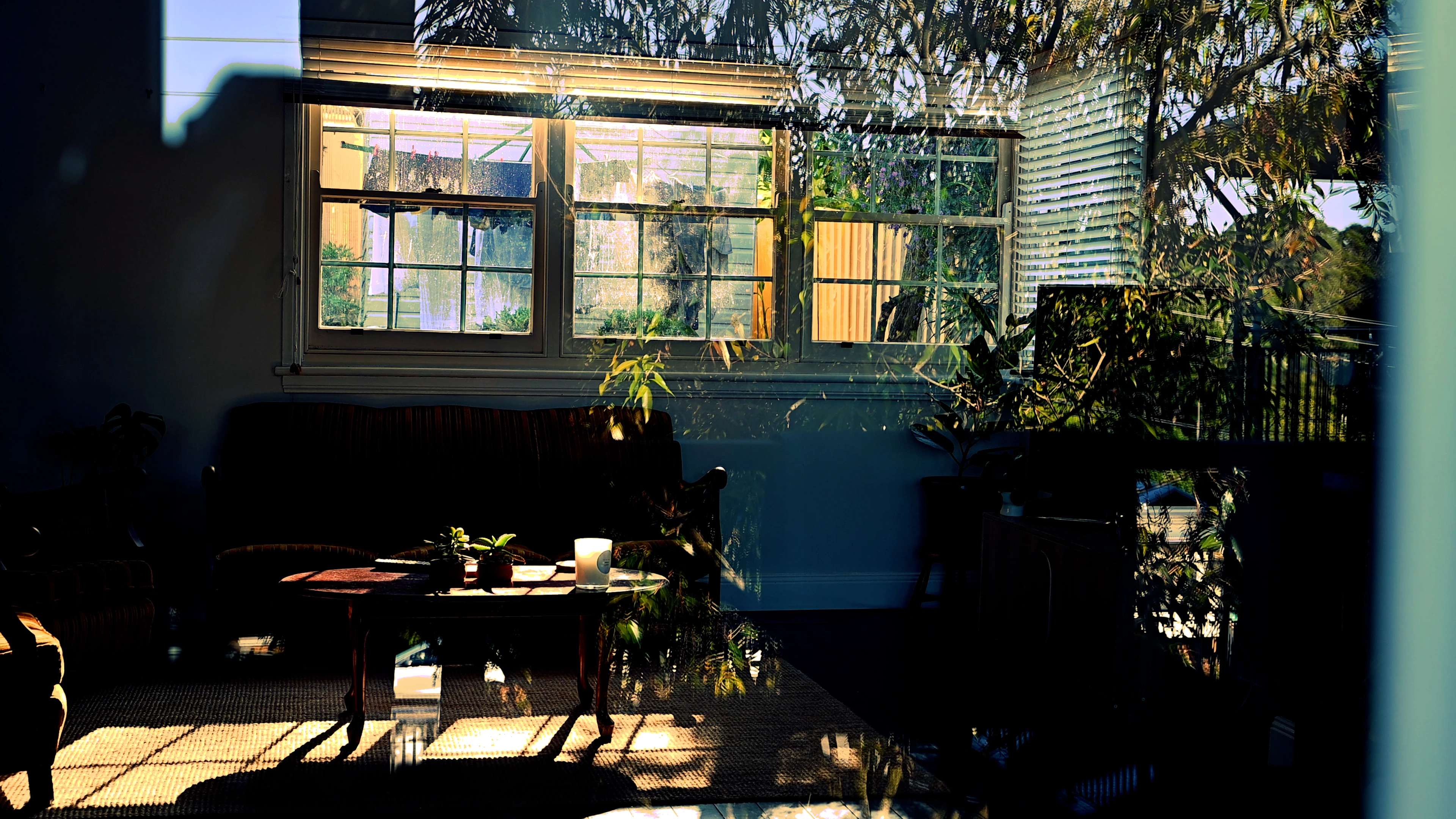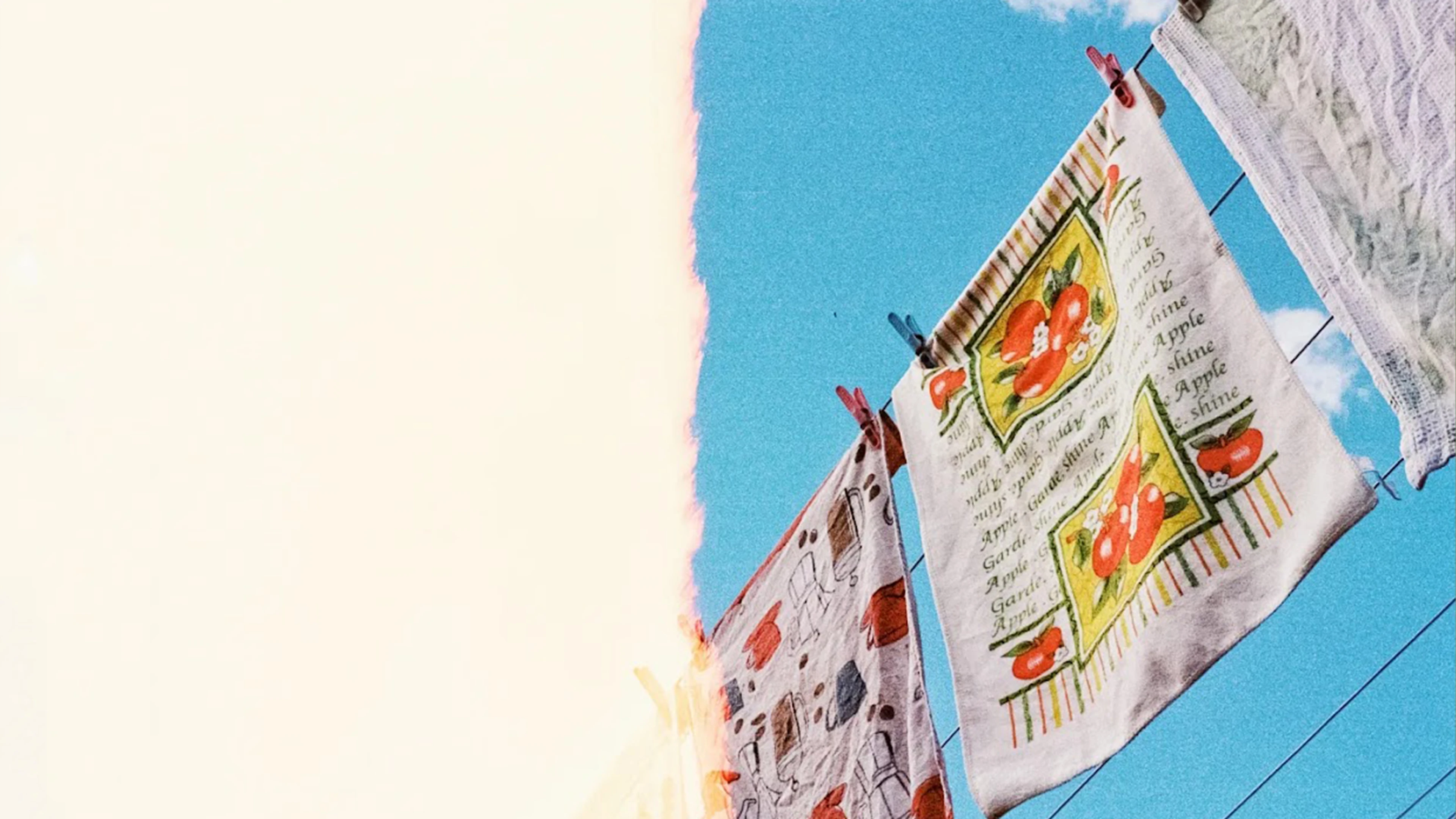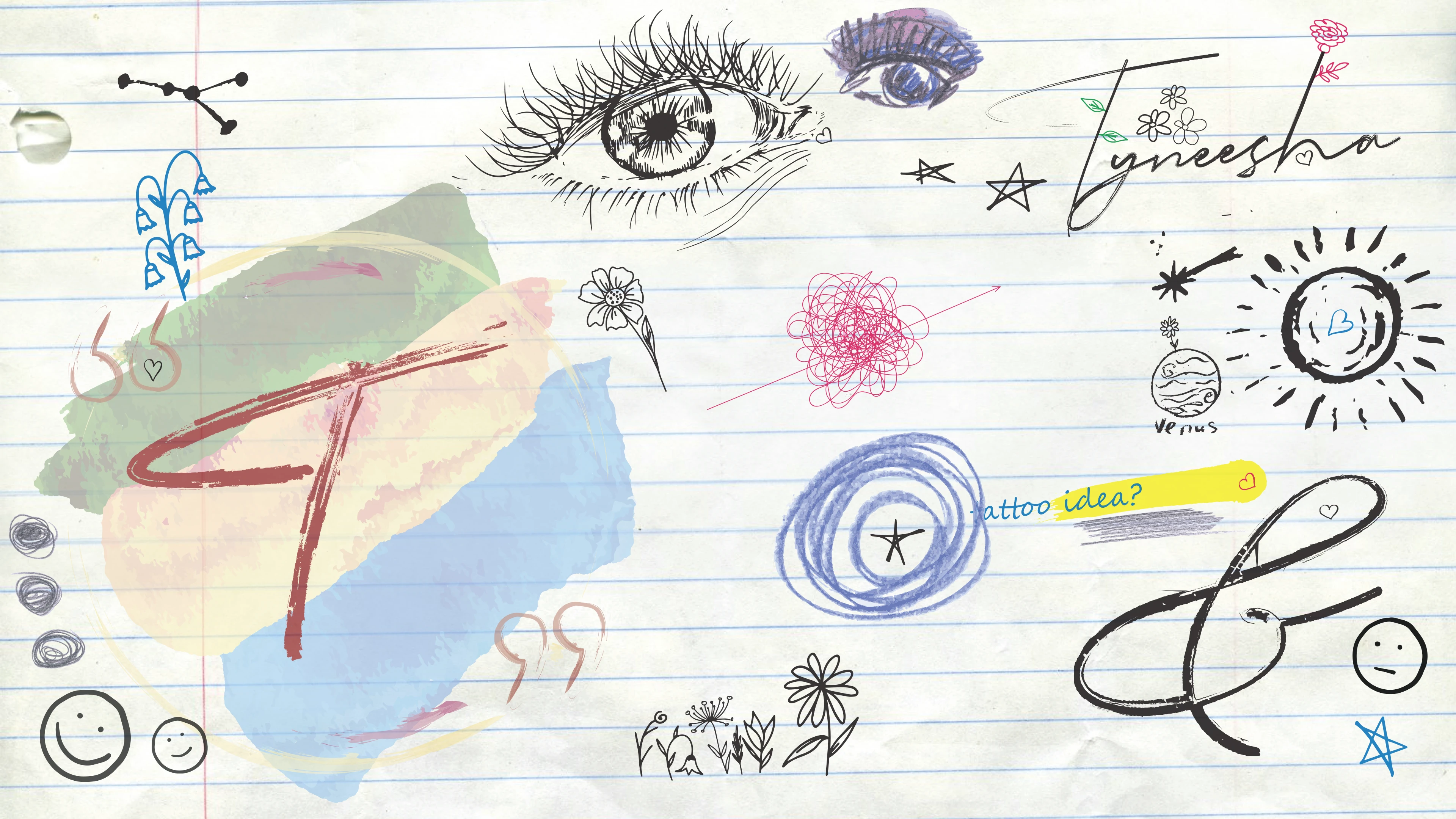27th October, 2024
Once, on my way out the door of a classroom, I raised the idea of Othello’s virtue. He murdered his beloved wife, and yet, I forgave him. I took pity on him. I trusted the drive in my gut that loudly defends his virtue in spite of his actions. I did not feel that same defence for Desdemona. My teacher defined that urge of defence as maternal instinct. I nodded and disagreed silently, forming no argument to support my resentment for that remark.
I’ve found it to be a pattern of my feminine experiences. Deep, visceral, instinctual awareness of right and wrong, legitimacy and ingenuity, virtue and lack thereof. This, paired with an endlessly frustrating inability to translate the feeling into receivable verbal data.
I think of Shakespeare’s Ophelia when I say that femininity struggles to be self-defined. It thrives in the absence of personal agency. You can be feminine in the way you were taught, or you can “take the road less travelled”. The pitfall of either route is that the crossroads meet at the idea of someone else.
I suppose the same can be said for masculinity, but I have no heat to set the concrete on that idea; I can only poke at it before it dries. At the risk of oversimplification, feminine beings are congratulated for any masculine traits they may exhibit, and masculine beings are shamed for their feminine traits.
What constitutes masculine? Logic, strength, assertion, competition and power.
What constitutes feminine? Emotion, softness, meekness, comparison and fragility.
At times, femininity can feel like a collection of residual traits deemed unnecessary or hindering in the construction of masculinity. The rib that Adam didn’t need. It feels like leftovers from the buffet of human personality. I imagine the prospect of motherhood sometimes feels like compost, thanklessly fueling the garden without enjoying the fruits of its labour. At the worst of times, femininity is the scraps thrown to the dogs.
I draw these analogies because all throughout feminine literature, femininity is detailed through comparison to masculinity. In chapter six of A Room of One’s Own, Woolf considers the shame of Austen’s hidden manuscript. “At any rate, one would not have been ashamed to have been caught in the act of writing Pride & Prejudice. Yet Jane Austen was glad that a hinge creaked”. At its core, femininity is a profoundly personal experience trapped in a glasshouse. It is speculated, and it is speculation. All of the classic female novelists that Woolf mentioned had blossomed through observation. Womanhood is introspection in a sword fight with expectation. It is Pride and Prejudice, written in the absence of pride.
Femininity, in my experience, is kind and gentle. It’s the maternal instinct that pours the rest of my morning glass of water into the soil of my houseplants. It is service. It is the impulsive consideration of others mistaken for absent self-assurance. The impulse that has me start sentences softly, ‘I feel like…’ and use a question mark as if it’s a full stop? It is the need for validation and shame of need.
